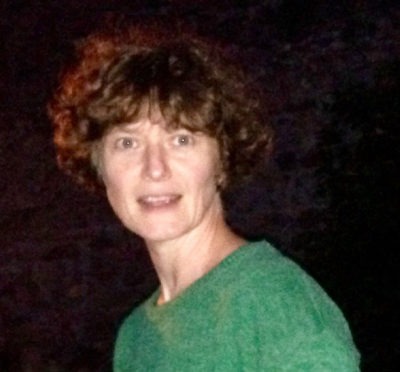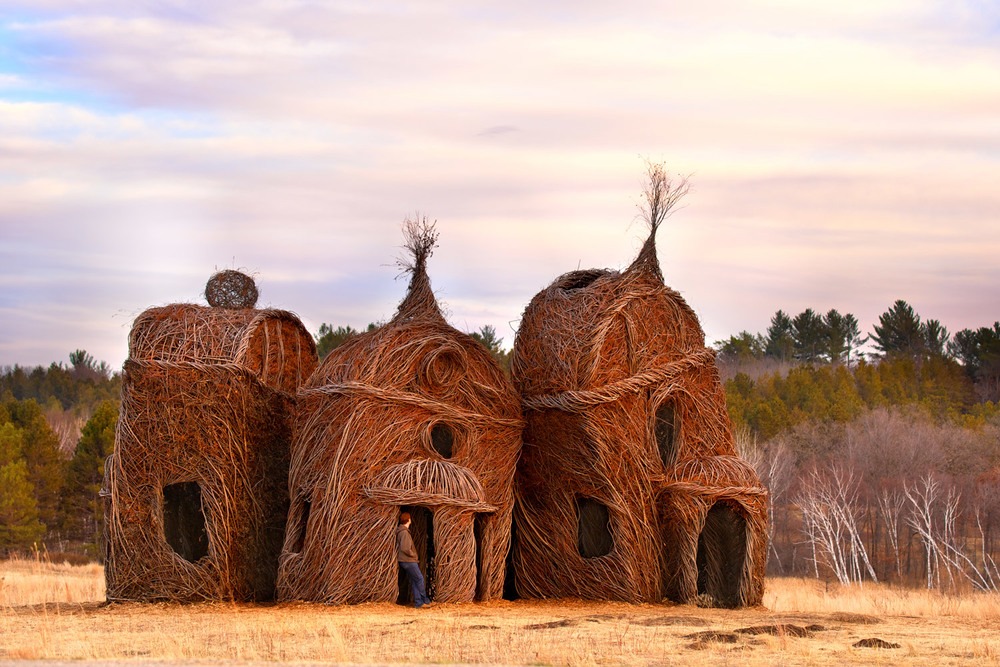Item Link: Access the Resource
Publication Info: Medium
Date of Publication: February 18
Year of Publication: 2022
Publication City: Lyon, France
Publisher: Medium - Ecole Urbaine de Lyon
Author(s): Berenice Gagne
Journal: THE MONTHLY GLOBAL CHANGE REVIEW
Volume: 12
Pages: 1
Top photo: “Deep Float” (2017) © Monira Al-Qadiri. Photo: Stroom den Haag
A monthly publication by Lyon Urban School (Université de Lyon), written by Berenice Gagne, dedicated to a better understanding of global change and the Anthropocene urban world: a selection of news in many fields of study, which aims to grasp the world we live in and the world to come.
March 2022
And then the war came. Like the Covid-19 pandemic, the war in Europe — which has never ceased to rage in many parts of the world — highlights a very Anthropocene feature: the entanglement and interdependence of all the elements that define our way of life. The unprecedented conjunction of several particularly destabilizing factors is of course a threat to the most basic security, but also to energy and food resources, on all continents. In short, everything that the IPCC reports tirelessly predicts, one after the other, is happening now. Meanwhile, in the city: adapt, adapt, adapt!
 Berenice Gagne
Berenice Gagne
Urban School of Lyon – Watching over the Anthropocene Urban World & Global Change. Born in CO2 332ppm, my children 400 and 406
📢 Enjoy reading or listening to original Anthropocene podcasts: Net Zero, Algorithms , Drink or Drive.
Check out the selection of Anthropocene Good Reads #2020: 60 books in many fields of knowledge to help understand what is happening and what is coming.
If you have any comments or suggestions to enhance this daily monitoring, feel free to share: berenice.gagne@universite-lyon.fr
Follow me on Twitter and on Instagram for a daily selection.

“Monks’ Cradle” (2012) © Patrick Dougherty. Photo: Thomas O’Laughlin
URBAN
– “Covid, Global Warming: The Resistance of Cities”: “analyses of how cities around the world can respond to the health crisis and climate change” (métropolitiques, 14/03/2022).
– “Climate change: cities seek ways to cope with rising sea levels. Jakarta, Houston, Lagos… some thirty coastal cities signed a joint declaration on February 10 to accelerate their transformation in the face of global warming” (Le Monde, 28/02/2022).
– “Developing an “urban ecology” to shape “earthy cities”. Is it really necessary to “put nature back in the city”? Should cities be saved? Perhaps, but we must not forget that the city has long been, sheltered by its walls, a place where nature was not. Baptiste Lanaspèze, author of Marseille, ville sauvage [Marseille, wild city] and founder of Wildproject Editions, urges us to develop an “urban ecology” in order to create “ earthy cities “ that find their rightful place in the biosphere” (Socialter, 15/02/2022).

“Tokyo Nude” © Rumi Ando
AGRICULTURE & FOOD
– “War in Ukraine: alert on global food security”. The war comes on top of an unprecedented combination of factors destabilizing the global food market: rising energy prices and the consequences of the Covid-19 pandemic. At the end of 2021, the Food and Agriculture Organization of the United Nations (FAO) food price index, “which aggregates prices on international markets for several basic commodities (cereals, sugar, meat, dairy products, etc.)” had already increased by 30% compared to the previous year. The FAO expects a new increase of 8 to 20% of this index, as Russia and Ukraine are “among the main world exporters of cereals” (Le Monde, 12/03/2022). Read also: “Agricultural shortages, inflation, food insecurity: the repercussions of the war in Ukraine” (The Conversation, 07/03/2022).
– A review of Matthieu Calame’s Enraciner l’agriculture: société et systèmes agricoles du Néolithique à l’Anthropocène [Rooting agriculture: society and agricultural systems from the Neolithic to the Anthropocene] (Puf, 2020) : “While criticism of agribusiness is mounting, Matthieu Calame argues that no real agricultural transition can take place unless political and cultural frameworks change as well. This transition is already underway through small-scale experiments, and it will necessarily be marked by more cooperation and conviviality. But his message remains firmly anchored on the ground, repeating over and over again that it is through a transformation of the legislative and fiscal system that these still minority experiences will be able to impose themselves on the whole of society as well as the productive system” (la vie des idées, 16/02/2022).
– Climate change is modifying the distribution of fish stocks shared between exclusive economic zones (EEZs) and calls for the adaptation of international fisheries governance to avoid conflicts (renegotiation of quotas?). “By 2030, 23% of transboundary stocks will have shifted and 78% of the world’s EEZs will have experienced at least one shifting stock” (Global Change Biology, 18/01/2022).
ARTS & CULTURE
– Imaginations: “The pandemic has accelerated already existing dystopian trends” (Usbek & Rica, 14/02/2022).

